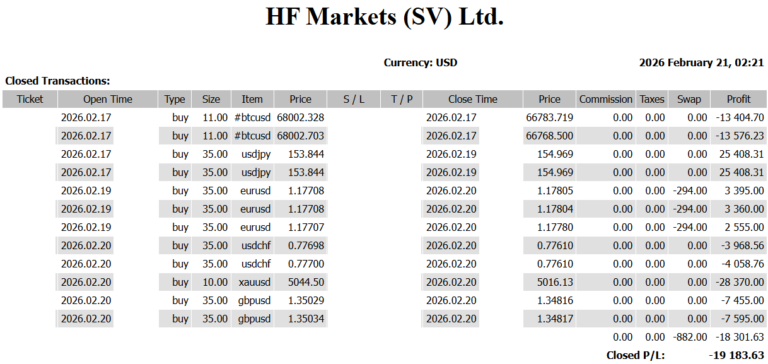In general, there is a correction in the previous dollar strength. During London time, the Euro has been declining, showing a distinct weakness. This is in response to the German Ifo Business Climate Index for July, which declined more than expected. Following weak Eurozone PMI flash readings from the previous day, this latest data added to the Euro’s downside pressure. Eurodollar has extended its range from around 1.1087 to the vicinity of 1.1041.
Overall, the dollar is weakening. Among the currencies, the Australian Dollar stands out with its resilience. This comes after the Chinese government announced measures to stimulate the economy, including easing real estate regulations. Consequently, Hong Kong and Shanghai stocks surged, and the Australian Dollar, which has strong ties to the Chinese economy, benefited from increased buying interest. During the early London session, AUD/USD reached new highs around 0.6779. Meanwhile, EUR/AUD dipped from the 1.64 level to around 1.6314.
Yesterday, the Chinese Communist Party’s Central Political Bureau announced measures to boost the economy, including real estate and domestic consumption stimulus. This move was well-received, leading to a resilient Australian Dollar. The Shanghai Composite Index rose by 2%, and the Hang Seng Index in Hong Kong surged by around 4%, indicating strong buying interest. The Australian Dollar is also performing well against the Euro.
The Australian Dollar remains in a buy bias.


